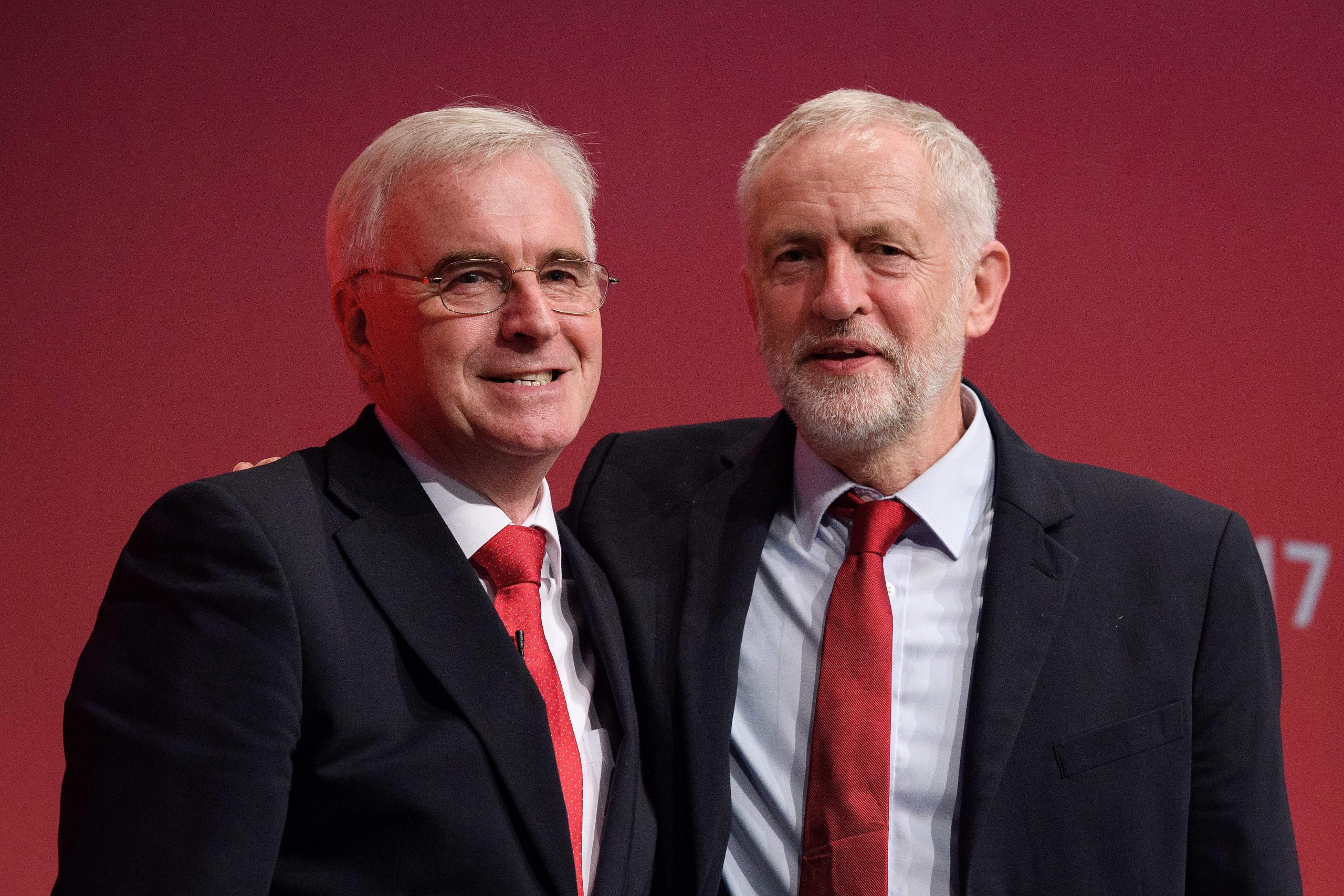
For decades, nationalisation was a taboo subject in British politics. New Labour accepted all of Margaret Thatcher’s privatisations and even extended the market into new realms (such as air traffic control and Royal Mail). Few expected public ownership to return in any significant capacity.
But after the beginning of the global financial crisis, the state was roused from its slumber. After trying and failing to find an acceptable buyer for Northern Rock, the Brown government took the stricken bank into public ownership. Though the Prime Minister couched the move in purely pragmatic terms, the taboo over state intervention had been lifted. In October 2008, Brown performed an act that would have been unthinkable only years before: the nationalisation of the commanding heights of the banking sector (including 81 per cent of the Royal Bank of Scotland and 43 per cent of Lloyds).
Public ownership, however, was still presented as a temporary remedy, rather than a cure. Brown’s successor Ed Miliband did little to challenge this notion, though he pledged to give the state the right to bid to take over expired rail franchises (the most ill-fated of the Conservatives’ privatisations).
Jeremy Corbyn, by contrast, has made nationalisation central to his economic project. As shadow chancellor John McDonnell declared in his Labour conference speech: “Rail, water, energy, Royal Mail – we’re taking them back.” McDonnell further pledged to take Private Finance Initiative contracts, which were dramatically expanded under the last Labour government, “back in-house” (though aides suggested he would act on a case-by-case basis).
The Conservatives deride nationalisation as retrogressive, redolent of the grim 1970s. But the voters back Labour’s interventionism. A poll released today by the Legatum Institute and Populus found that they favour public ownership of the UK’s water (83 per cent), electricity (77 per cent), gas (77 per cent) and railway (76 per cent). Voters are weary of the substandard service and excessive prices that characterise many private companies.
Opponents of nationalisation contend that it would be “unaffordable”. McDonnell, however, has suggested that Labour would acquire public assets by swapping shares for government bonds (with the state gaining new revenue streams). In the case of rail, it would progressively renationalise the service as franchises expire.
A 2017 report to the shadow chancellor, Alternative Models of Ownership stated: “National ownership of certain industries promotes long-term planning of the economy, helps to provide modernising infrastructure, quality health and social care, and to combat climate change.”
Alive to the charge that the state is an inefficient manager, it continued: “Examples around the world point to the positive contribution of national ownership, but in the UK national state ownership has historically tended to be too centralised, with power in the hands of a private and corporate elite. To improve national ownership in the UK requires taking measures to increase the democratic accountability of state ownership.”
“Many of the problems typically ascribed to state owned entities, for example, that they are complex organisations that can be overly bureaucratic and are subject to capture by vested interests (such as managers and workers), are equally true of large private corporations,” it said. “Indeed, it has been argued that state owned enterprises that have effective corporate governance structures to represent diverse interests, may be less susceptible to so-called ‘principal agent capture’ than private corporations with dispersed shareholders.”
But others, and not only Conservative politicians, remain sceptical. The former transport secretary and Labour peer Andrew Adonis recently told me: “I nationalised the East Coast line and it ran very efficiently in the public sector. I don’t like the idea, though, of giving anyone a monopoly. In my experience, which in these matters goes back 30 years, private monopolies are bad but state monopolies are worse. Because at least with private monopolies there are shareholders, with state monopolies there are, in theory, the voters but the voters vote on 10 or 15 issues in a general election and it’s hard for them to express their view that the rail system is completely crap at the ballot box if you have completely nationalised railways.”
“I would allow state rail companies to bid for franchises alongside private companies. I would have them compete on a level-playing field but I wouldn’t give either of them an automatic right to run the franchises.”
But after decades in which the market has held sway – with poor returns – voters are ready to summon Leviathan from the depths.





